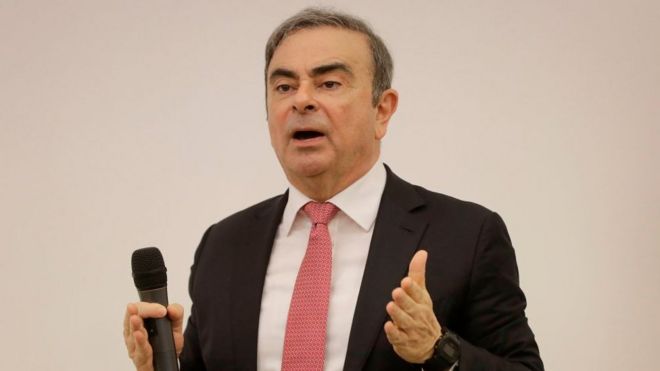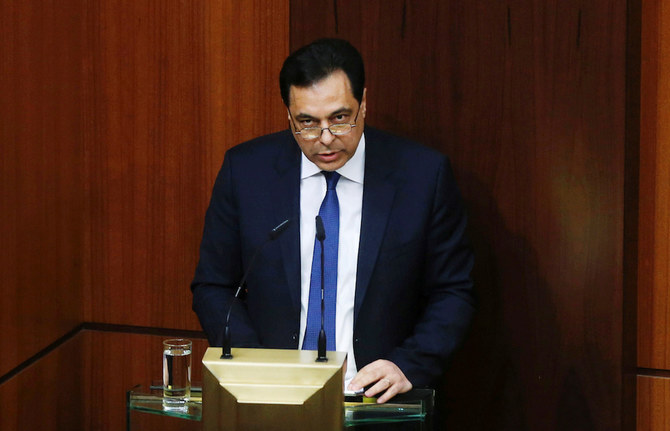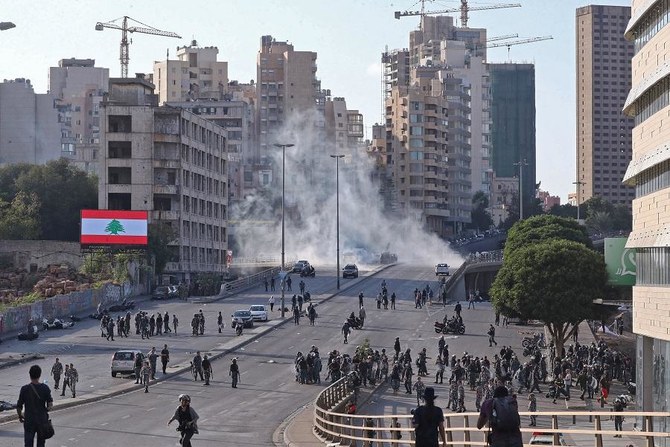
by thenational.ae — Lebanese Prime Minister Hassan Diab on Thursday pledged not to run in the future parliamentary elections or support any candidates. Deputy Prime Minister Zeina Akar and the other 18 members of Cabinet also signed up to Mr Diab’s pledge not to run in the next election. The current administration is a departure in Lebanon where the bulk of ministers are usually also MPs. In recent years, discussions have been raised about having a government not also elected to parliament as it prevents one body overseeing the work of the other. However, many senior figures – including former prime minister and Future Movement head Saad Hariri or former foreign minister and Free Patriotic Movement head Gibran Bassil – served multiple times in both chambers. No elections are scheduled until 2022 although some have suggested that a vote should be held early given mass anger on the streets since October.
Mr Diab stated his Cabinet’s plan to astain from standing on January 21. “There are no MPs [in the government], and no candidates for the next parliamentary elections,” he said. His would be “a government of specialists that will only be held accountable to the language of science, reason and expertise and the interest of the nation,” he added. Months of anti-government protests have rocked Lebanon, with demonstrators calling for a change in political leadership.









